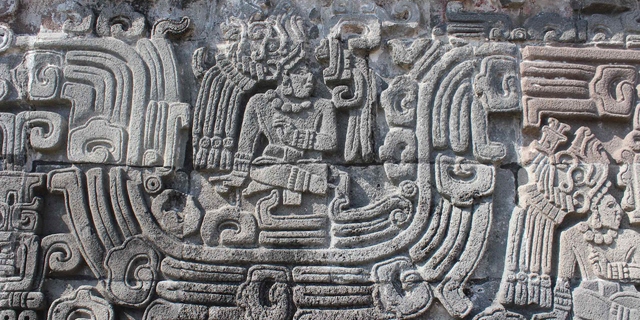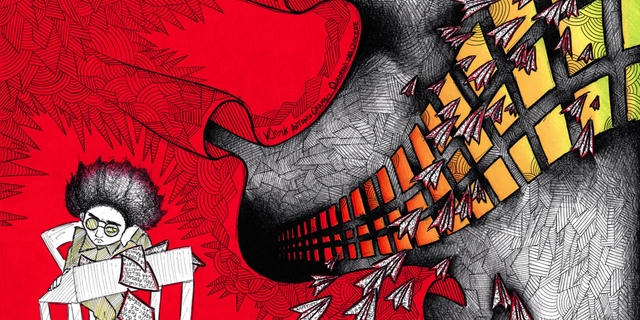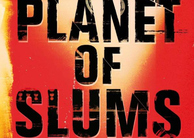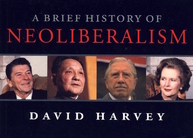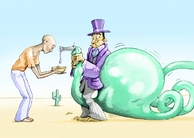Neoliberalism (tagged articles)#ItsNotMyPeriod: Hashtag Activism's Challenge to Narratives of Menstrual StigmaJessie J. Liu - Perceptions of menstruation as a taboo subject have historically characterized Western and non-Western societies alike and persist today, both perpetuating harmful cultural understandings of women’s abilities and normalizing institutional practices that exacerbate... Keep Reading »
Commodifying Nature: Reflections of Hegemony in EcotourismAmna Abudyak - This paper will attempt to link fundamental ideas and terms of environmental sociology in the context of ecotourism relating to human society and conceptions of nature. Furthermore, connections to neo-Marxist and neo-Gramscian theories will be made. As humans&rsquo... Keep Reading »
Photo: Arian Zwegers CC-2
Linguistic Essentialism and Indigenous Authenticity: The Role of Indigenous Languages in Defining IndigeneityElla Agoos - Since the European invasion of Latin America in the sixteenth century, the concept of indigeneity has been inherently political. In what can only be described as an ongoing ethnocide, colonial powers did everything they could to stomp out the rich diversity of indigenous... Keep Reading »
The Body as a Weapon of Resistance in Postcolonial Short Stories: The Cases of Augusto Monterroso and Zulema de la Rúa FernándezKyle S. McQuillan - The arrival of Spanish conquistadors in the “New World” at the end of the fifteenth century triggered an age of violence, oppression, and colonization that lasted until the United States took the stage as a modern colonial power in 1898. Overt colonization... Keep Reading »
Photo: Deviant Art/AsymptomaticWay CC-2
Antonio Gramsci, Hegemony, and the Greek Crisis: Building New Hegemony to Supersede Neoliberal DiscourseCarter Vance - Antonio Gramsci’s interpretation and analysis of “hegemony,” its mechanisms, causes and consequences for the Left, is fundamentally an attempt to grapple with how culture and the “common sense of the epoch” (Miliband, 1990) grow out of... Keep Reading »
The keyword Neoliberalism is tagged in the following 16 articles. Expedited Article ReviewSubmit an article and get a decision fast. If you need a fast decision, INQUIRIES Journal offers expedited processing of your submission for a small fee. Depending on the expedited review option you choose, you can receive a decision in as few as 5-days. In addition to a shorter review period, the fee supports the journal's continued operation and open-access publishing model. Standard submissions are always free. Submit Now » - Submit an Article to Inquiries Journal -Inquiries Journal provides undergraduate and graduate students around the world a platform for the wide dissemination of academic work over a range of core disciplines. Representing the work of students from hundreds of institutions around the globe, Inquiries Journal's large database of academic articles is completely free. Learn more | Blog | Submit |



